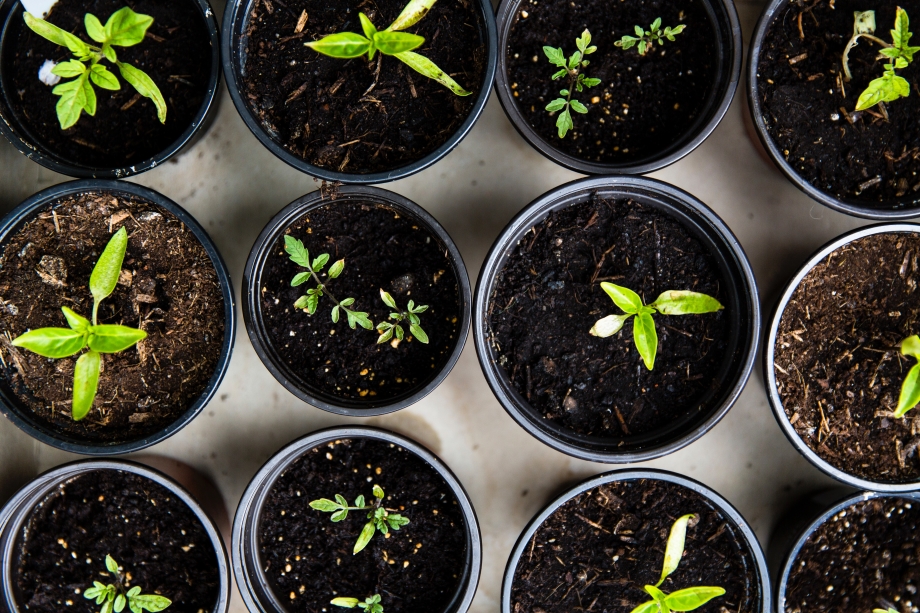PS Seminar Series: Genetic approaches to understand plant photosynthesis
The quantitative genetics of photosynthesis efficiency in plants is not much investigated, even though breeding for photosynthesis would be interesting to maintain or improve annual increases in crop yields.
Speakers
Event series
Content navigation
Description

Abstract - The quantitative genetics of photosynthesis efficiency in plants is not much investigated, even though breeding for photosynthesis would be interesting to maintain or improve annual increases in crop yields. One of the reasons is the notorious difficulty in adequately phenotyping photosynthesis parameters for genetic research. We developed and used high throughput phenotyping for light use efficiency of photosystem II electron transport (ΦPSII or Fq’/Fm’) through chlorophyll fluorescence measurements as a versatile platform for Quantitative Trait Locus analysis in Arabidopsis. It demonstrated to be very efficient in identifying QTLs from genetically segregating Arabidopsis populations and diversity panels, under different growth conditions. Next to nuclear encoded quantitative traits we also examined cyto-nuclear interactions affecting photosynthesis and other traits using a reciprocal set of so-called “cytoswaps” or cybrids, in which the nuclear genome of 7 Arabidopsis accessions is combined with all cytoplasms of these accessions in all possible combinations. We recently moved to investigate the high irradiance photosynthesis of a photosynthesis extremophile, Hirschfeldia incana.
Biography - Mark Aarts got his PhD from Wageningen University on designing a transposon tagging system in Arabidopsis. After a several years as a staff member at one of the plant research institutes Wageningen he moved to the Koornneef group of the Lab of Genetics of Wageningen University, where he now holds a chair as personal professor of the Genetics of Plant Adaptation. When moving to Wageningen University, he set up a research line studying plant adaptation to heavy metal exposure focusing on the heavy metal hyperaccumulator Noccaea caerulescens. In the early 2010s he initiated research on the genetics of plant photosynthesis together with Dr. Jeremy Harbinson. In 2018 he was awarded a large collaborative national grant on research infrastructure to set up the Netherlands Plant Eco-phenotyping Centre, due to open end 2020 in Wageningen and Utrecht Universities.
Location
Slatyer Seminar Room, Rm N2011, Level 2, RN Robertson Building (46)




